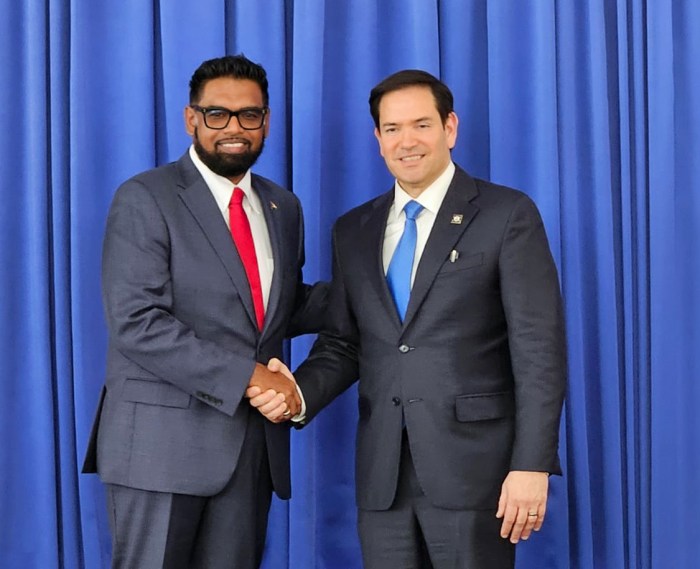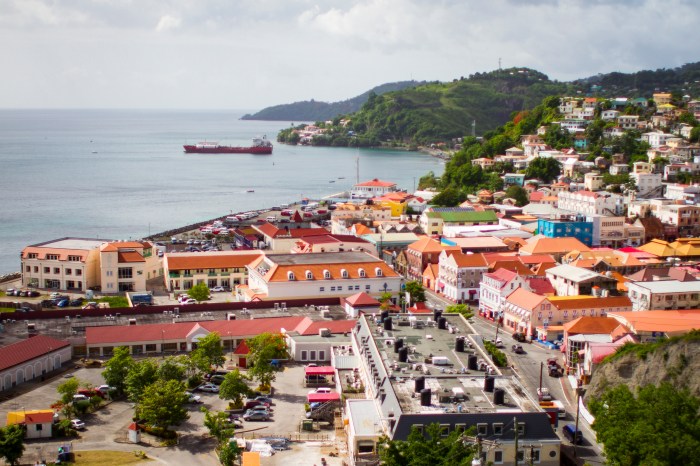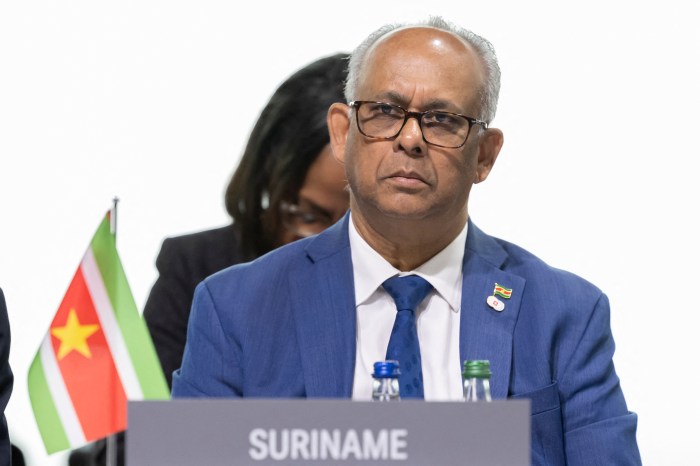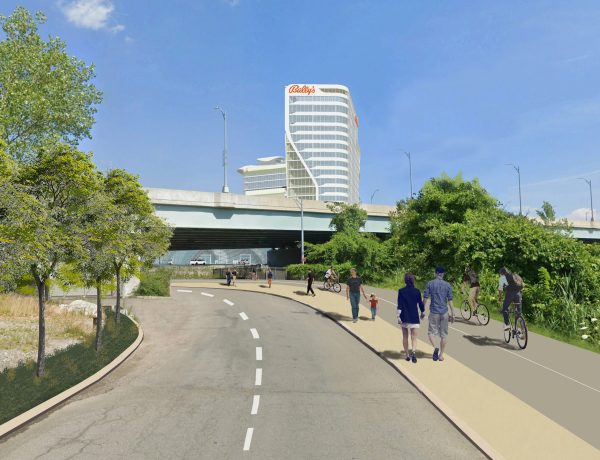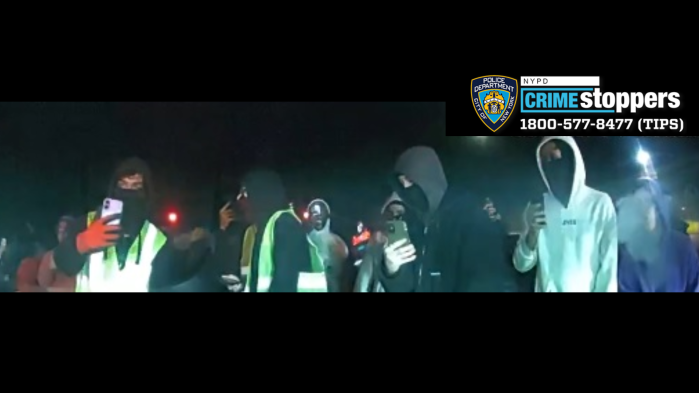THE HAGUE, Netherlands (AP) — The Dutch prime minister denounced Suriname’s decision to grant amnesty to President Desi Bouterse for crimes committed under his earlier military dictatorship as “totally unacceptable” and recalled the country’s ambassador from its former colony in protest.
The amnesty, approved Wednesday night by lawmakers in the South American country, ended a long-running trial for Bouterse and 24 associates on charges of abducting and murdering 15 prominent political opponents in December 1982.
“We consider it totally unacceptable,” Mark Rutte told reporters in The Hague. “The law must be allowed to run its course.”
The Netherlands also is barring all suspects in the killings from entering the country and vowed to take more action.
“We will do everything, internationally together with France, the European Union and other like-minded nations, to ensure that there are consequences and that they are felt by Suriname,” Rutte said.
Foreign Minister Uri Rosenthal earlier called the amnesty “a slap in the face” for relatives of the slayings.
Suriname has long had a strained relationship with its former colonial master the Netherlands.
A Dutch court convicted Bouterse in absentia in 1999 of trafficking cocaine from Suriname to the Netherlands, but he has claimed his innocence and avoided an 11-year prison sentence because he can’t be extradited under Surinamese law.
Bouterse seized power in a 1980 coup. He allowed the return of civilian rule in 1987 but staged a second coup in 1990. He stepped down as military chief in 1992, but has remained a powerful force in the nation of 500,000. Lawmakers elected him president in 2010.
Members of the military killed well-known journalists, lawyers and union leaders in the December 1982 killings. Bouterse previously accepted “political responsibility” for those slayings but said he was not present when the executions took place. Witnesses in the trial have disputed that claim.


